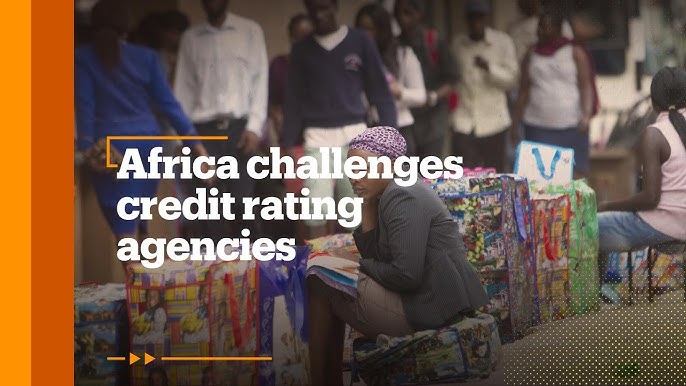Concern is growing across Africa about the implications of the European Union’s decision to proceed with the implementation of a carbon border adjustment mechanism (CBAM) as a way of preventing so-called ‘carbon leakage’ by imposing a tariff on imports equivalent to the carbon prices being paid by European companies.
The CBAM will be implemented later this year and will initially cover the carbon-intensive sectors of iron and steel, cement, fertilizers, aluminum, electricity and hydrogen, as well as some precursors and a limited number of downstream products. While several details still need to be finalized, the imposition of a CBAM would have significant implications to different African countries, most notably South Africa that on average exports $1.4-billion a year of products from sectors covered by the EU’s CBAM, including the iron and steel sector. A new working paper produced for South Africa’s Presidential Climate Commission (PCC) warns that the country’s iron and steel sector was the most at risk to CBAM, with chemicals and aluminum exports exposed to negative implications too.
While the CBAM was likely to face a legal challenge at the World Trade Organization (WTO), the study argued that South African policymakers needed to be more active in finding ways to address the consequences of an instrument that was “now firmly on the agenda” in the EU and was also being considered by other countries, including the US, Japan and Canada.
“Africa is likely to be more severely affected because we are more exposed than most other countries or regions, such as China or India,” the authors of the study warn. “This is due to the fact that production in Africa tends to be more carbon intensive – so it will suffer a greater competitiveness shock – and because there is a relatively higher proportion of exports going to the EU.”



